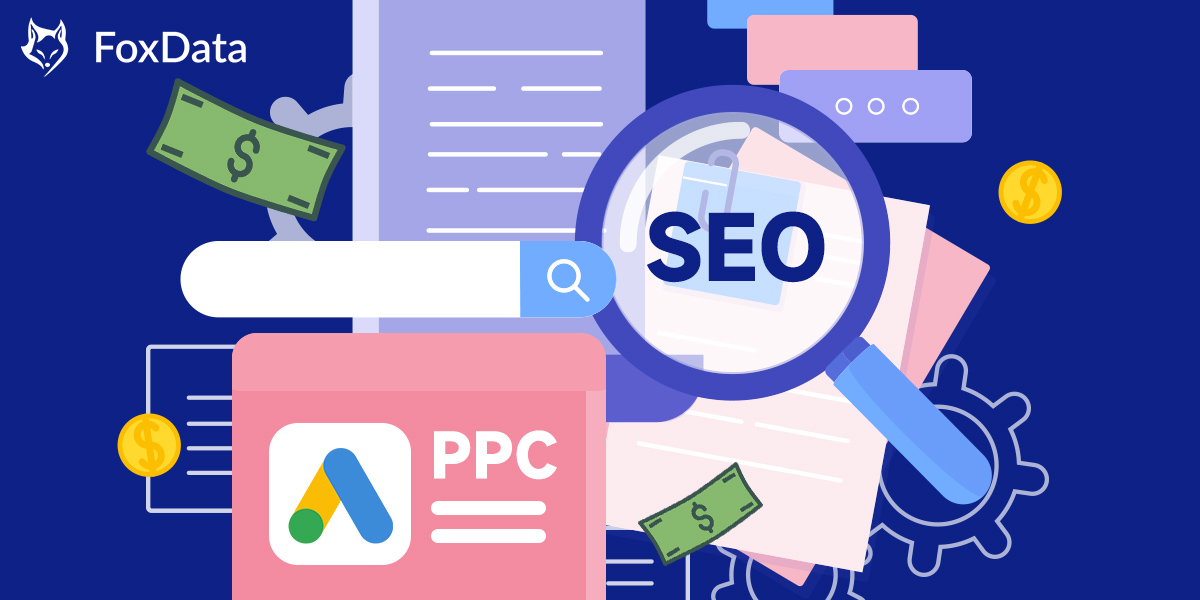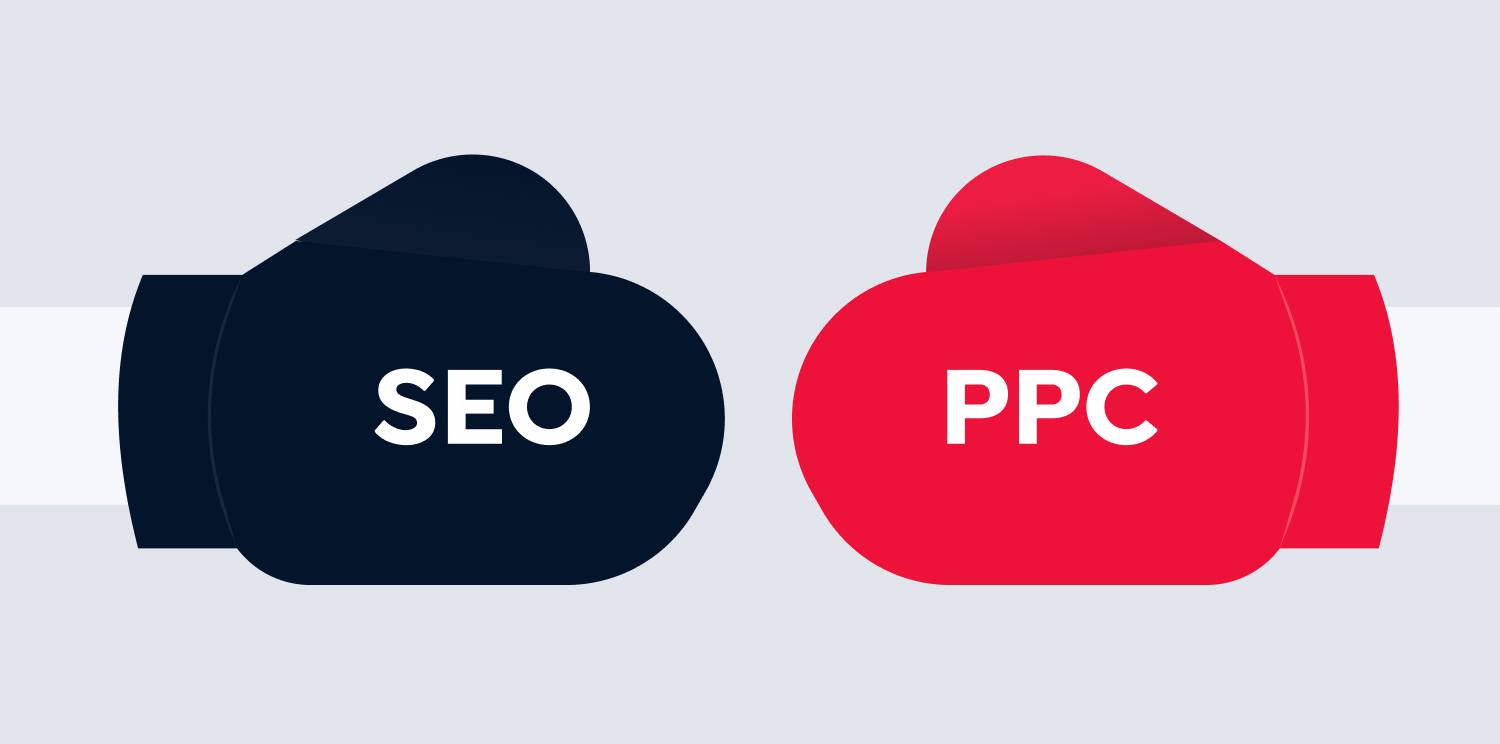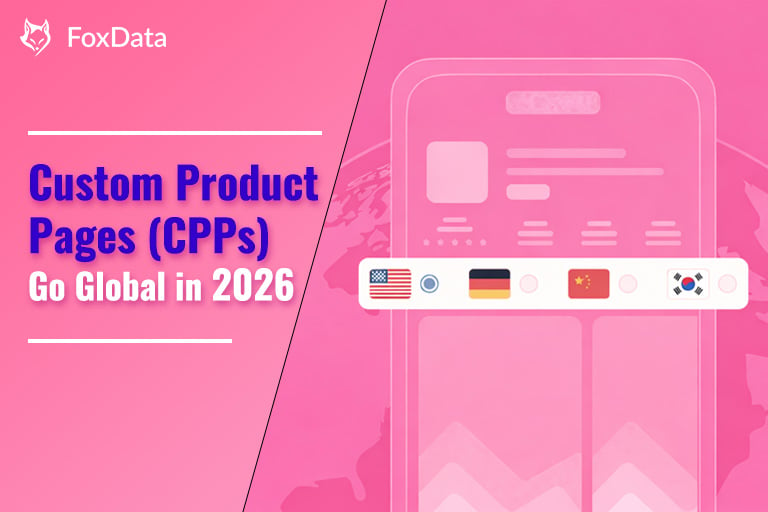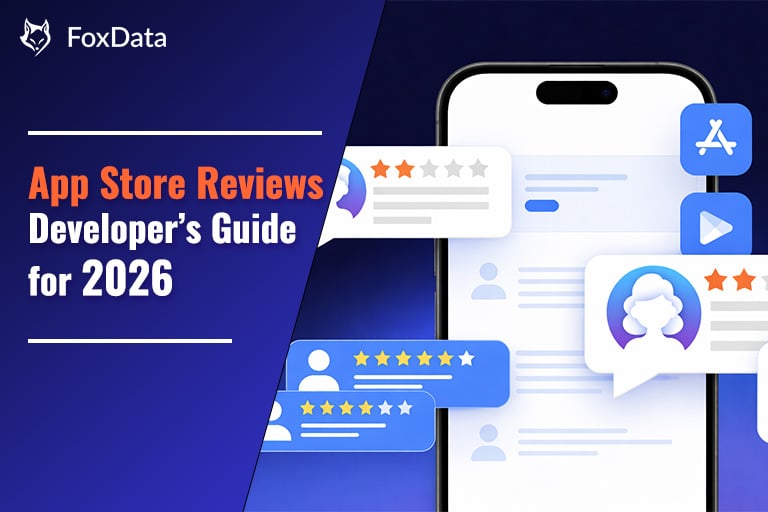Why Is Integrating PPC and SEO Such Effective in B2B?

Marketing teams often handle their Pay-Per-Click (PPC) and Search Engine Optimization (SEO) efforts as distinct entities, which can lead to significant inefficiencies. The prevailing sentiment among digital marketers is that PPC and SEO are fundamentally different strategies.
However, while there is an element of truth to this perspective, it is more beneficial to consider SEO and PPC as complementary components of a unified search marketing strategy. By optimizing and aligning both strategies to support one another, you can enhance the effectiveness of your search advertising efforts. The outcomes of such a synergistic approach include increased brand visibility, higher ad click-through rates, and ultimately, a boost in advertising conversions. Adopting an integrated approach to search marketing can lead to a multitude of positive effects on website performance, which I have detailed further below...
SEO Vs. PPC
SEO encompasses tactics aimed at improving a website's unpaid search result rankings and visibility. It involves On-Page SEO (like keyword research, content targeting, and meta tag optimization), Technical SEO (focusing on site speed, indexing, mobile-friendliness, crawlability, security, site architecture, and structured data), and Off-Site SEO (which enhances a site's reputation and authority, particularly through high-quality backlinks).
On the other hand, PPC is a model where advertisers pay a fee each time their ad is clicked, with a focus on the relevance and targeting of their pages. This includes various forms such as search, display, social media advertising, remarketing, sequential remarketing, and Google Shopping.
The primary difference between these two inbound marketing strategies is that SEO drives organic traffic without direct costs for clicks, whereas PPC is a paid strategy that can yield immediate visibility as soon as the ads go live.
In the B2B context, both SEO and PPC are critical, with combined search strategies typically accounting for 76% of website traffic.

Why Should We Integrate SEO and PPC
1. Comprehensive Marketing Understanding and Collective Insights
Integrating SEO and PPC leads to a more holistic understanding of online marketing efforts. Cross-channel reporting enhances the ability to analyze digital advertising outcomes, providing insights into customer interactions with both organic content and paid ads.
👏Expert Note: This dual analysis informs on customer behavior, engagement, and conversion rates, guiding the allocation of resources to the most effective channels and tactics. Marketers can then strategically repurpose successful ad copy and optimize keyword investment based on organic search performance.
2. Enhanced Online Exposure
A joint SEO and PPC approach amplifies online presence, leading to increased website traffic and a stronger brand image. When paid ads complement local search results, the brand can dominate the search engine results pages (SERPs), creating a more pronounced presence. SEO efforts can be tailored to further capitalize on this visibility, improving organic search rankings.
3. Optimized Landing Pages Lead to Lower CPC
Using insights from both PPC and SEO to refine landing pages can lead to a better user experience and higher Google rankings, which in turn can result in lower cost per clicks (CPC) due to improved quality scores.
4. Improved Client Retention
Consolidated management of SEO and PPC under one umbrella fosters client loyalty, as streamlined communication between teams ensures more effective optimization and reduces internal competition or blame shifting. Unified reporting simplifies demonstrating value to clients.
5. Reduced Cost per Lead
By targeting both paid and organic searches for high-performing keywords, overall traffic volume can be increased. This strategy allows for the reallocation of budget from high-cost, less effective PPC keywords to their organic counterparts, thus reducing overall cost per lead.
6. Strengthened Brand Trust
A high Google ranking, achievable through a cohesive SEO and PPC strategy, is crucial for building brand trust. Visibility at the top of the SERPs through both paid and organic listings reinforces credibility. Brands not easily found online may raise suspicion among potential buyers, who tend to trust companies they see on the first page of Google results.
7. Improved Targeting and Testing Capabilities
PPC advertising enables precise targeting throughout the customer journey, from research to purchase, using commercial keywords. It also allows for the testing of keyword strategies and A/B testing of ad copy and landing pages. The insights gained can then be applied to enhance organic strategies.
8. Effective Remarketing
Remarketing is a tactic that keeps your brand in view of potential customers who have previously interacted with your site via organic search. It offers the opportunity to tailor messages based on the user's site engagement, reinforcing brand recall and potentially increasing conversion rates.
How to Execute a Combined SEO and PPC Strategy
Reporting Integration
By linking Google Search Console with Google Ads, marketers gain access to cross-channel reporting. This integration provides a more nuanced view of how search terms perform across SEO and PPC.
The combined data helps identify successful PPC ads and campaigns, whose copy can be repurposed for meta titles and descriptions on the website. This tactic can shift some traffic from paid to organic, saving costs and potentially enhancing Google rankings.
Unified Site Optimization
A cohesive strategy involves the collaboration of PPC and SEO teams, as practiced by The Marketing Practice. This joint effort promotes the sharing of data and insights, leading to a more unified and effective site optimization process.
Optimizing the site involves aligning content with user queries, ensuring an excellent user experience with quick load times, and maintaining a well-functioning site. SEO serves as the groundwork for organic traffic and high conversion rates, focusing on the client's needs to attract more engaged users.
Building on SEO with PPC
After establishing a robust SEO foundation, PPC can amplify the strategy by boosting visibility and targeting intent-driven leads. PPC campaigns can leverage the organic efforts by highlighting the same keywords and content themes, creating a seamless user experience.
PPC Optimization and Quality Scores
PPC quality scores reflect the relevance and performance of ads, influenced by user interactions. Higher quality scores lead to reduced CPC. Advertisers are incentivized to direct users to SEO-optimized landing pages, which underscores the importance of a blended strategy.
The shared insights can guide keyword selection and enable the repurposing of effective ad copy for on-page elements like titles and meta descriptions. Removing the barriers between PPC and SEO teams leads to a more synchronized and potent marketing approach.
In conclusion, integrating SEO and PPC efforts can lead to a more effective search marketing strategy, driving better results and maximizing the impact of both organic and paid search channels.
At FoxData, we've supported numerous clients with either SEO or PPC, and in some cases, both. From this experience, I've found that a collaborative approach can significantly enhance the efficiency of both channels, leading to more website traffic, higher click-through rates, and increased conversions.
While this integrated strategy may not suit every business, those aiming for rapid growth and aggressive marketing should consider a holistic search engine strategy rather than treating SEO and PPC in isolation.
For an integrated SEO and PPC strategy, consider partnering with our sub-brand, FoxAdvert.
Contact us to discover how our proven dynamic remarketing services can benefit your business.







